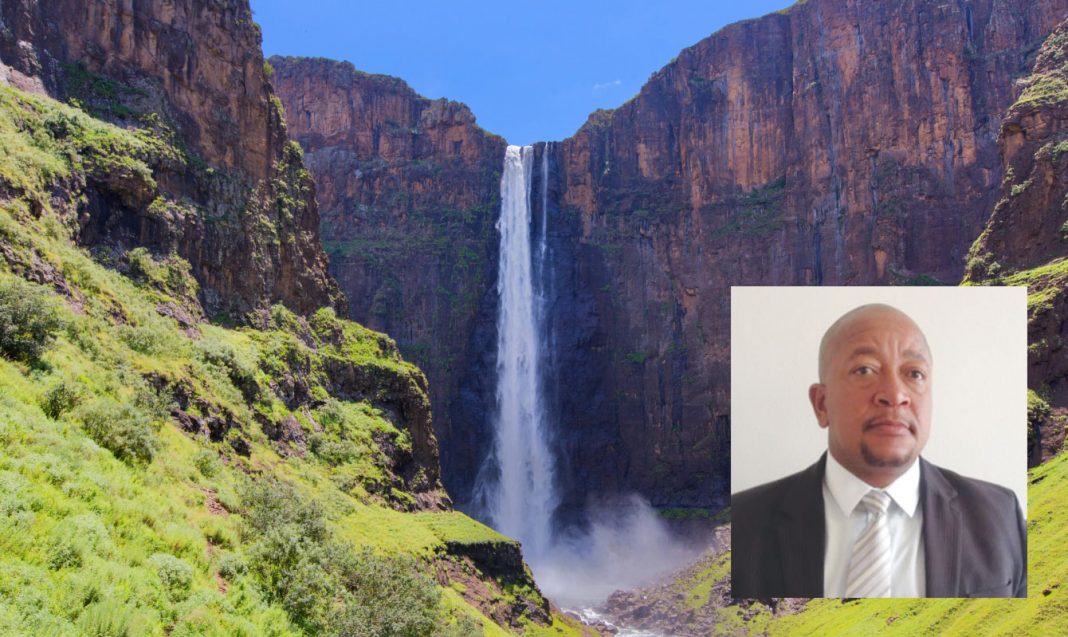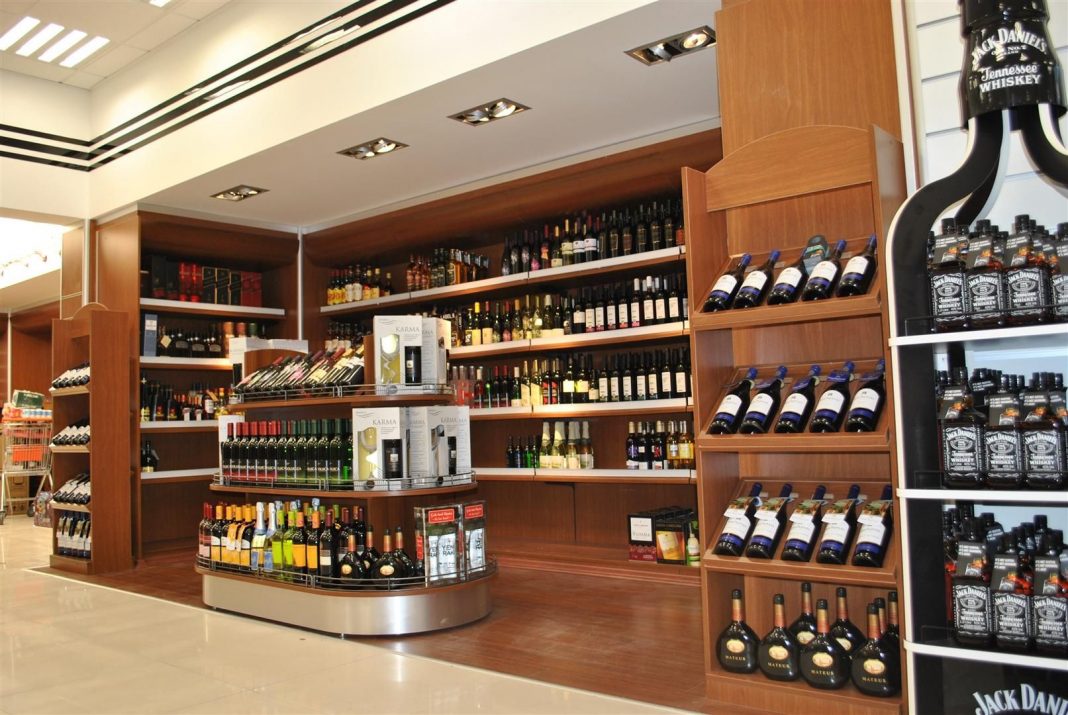The negative and lasting cumulative effects of the COVID-19 pandemic will be undeniable once the world returns to some semblance of normality.
One of the sectors that will be the most severely affected, at all levels, will be Lesotho’s tourism industry. Major employers, including tour operators, airlines, hotels, restaurants, and tourist shops will all suffer catastrophic losses due to lockdown and restrictions that have been enforced by the government to curb the spread of the virus.
To find out more about the Tourism industry, how it will be affected by the pandemic, theReporter’s ’Majirata Latela talks to the Lesotho Tourism Development Cooperation’s Acting Chief Executive Officer, Sehlabake Ramafikeng.
ML: The tourism economy has been heavily hit by the coronavirus (COVID-19) pandemic and measures that are induced to contain the spreads of the virus. Depending on the duration of the crisis, revised scenarios indicate that the potential shock could range between a 60-80% decline in the international tourism economy in 2020, thus far how could you say the tourism industry in Lesotho is affected?
SR: Quite number of estimates on how much the pandemic has impacted the national economies are being pitched up from different perspectives globally. The only guarantee I can give you for the case of Lesotho tourism industry is that the impact is bad and perhaps right now is it premature and difficult to quantify the impact because we are at a stage where the situation of COVID -19 is beginning to evolve in the country and we are not sure how long it will last.
The severity of restrictions on travel and business operations in an effort to control the pandemic is one other determining factor which at this point we are also unable to gauge because it seems like the COVID-19 figures in the country are now rising and the government might have to implement even more stringent physical distancing measures.
Amid travel restrictions, some of the businesses had to close down and this means jobs have been lost as well. You will recall that this pandemic started towards the end of 2019 thus travel restrictions started as early as that time in some parts of the world and this implies that even in 2019 the industry was affected. This is evident from our 2019 arrival statistics which indicate a 2.6% decline in arrivals to Lesotho, meaning the travel industry was already taking the beating.
ML: Many countries are shifting to develop recovery measures, what measures do you think could benefit Lesotho’s tourism industry if put in place during this pandemic, do you think the government of Lesotho is doing enough to relieve the tourism industry?
SR: This is such a difficult one because the choice between the national health and economy is not a trade-off. This means in as much as we wish the economy can be open so that tourism operators can get back to work, on the other hand we cannot disregard the fact that the long-term costs of letting the virus roam free will be much higher than the pain of adhering to the government’s call to slow the spread of the virus which points directly to travel restrictions and social distancing. On that note, we are left with no choice but to support the government by encouraging all players in the industry to align their operations with the WHO guideline on COVID 19 and to adhere to the government regulations on management of COVID 19. Thus measures that could benefit the industry at this point on adherence to the regulations including:
- Ensuring that tourism facilities are well equipped with necessary diagnostic screening tools (non-contact thermometers, hand sanitizers, display of COVID-19 protocols for the facilities at front desks and communal spaces)
- Ensuring that all visitors to the facilities fill the visitor locator forms detailing their points of departures, residential addresses, full names and contacts
- In the event of identification of suspected case during screening (temperature, contact etc) the concerned visitor should not be allowed into the facility but advised to seek medical attention immediately.
- Ensuring that the facilities are thoroughly cleaned after every use and are regularly fumigated or disinfected.
Over and above these we urge all tourism operators minimise travel as much as they can afford to and ensure safety of visitors at all times. Regarding whether the government is doing enough, honestly it is not very easy to say because this pandemic a new phenomenon to everybody and we are all learning in the process but so we believe the government is doing all it can to come up with effective strategies to save the industry.
ML: The European Union is expected to rebound first from effects of the pandemic. What do you think will take Lesotho’s tourism industry to also recover? How much time do you think will take Lesotho to recover?
SR: Based on the fact that travel restrictions have been introduced across the globe, by time the restrictions are beginning to be lifted, it will take some time before travellers can regain the confidence to travel again, meaning that we may not anticipate a return to normal levels in the short term for the tourism sector, particularly because our major source countries are the worst hit by this pandemic. Thus as a country we need to intensify our efforts and strategies to market domestic tourism, promote innovation in order to establish more tourism product and most importantly promote participation of youth and rural communities in tourism initiatives and activities. This may not necessarily be enough to generate sufficient revenue and boost the industry, thus it might be a good idea to advocate for bail out packages from the government for the tourism private sector, even though it may not be guaranteed at this point due to that fact that by the look of things the government is currently in a narrow fiscal space.
ML: The impact of the crisis is being felt throughout the entire tourism ecosystem, and reopening and rebuilding destinations will require a joined up approach. Do you think the statement applies to Lesotho as well? How can measures put in place today shape how the future will look like?
SR: Yes, rebuilding international and local tourism has always required joint efforts and Lesotho is not an exception to that. For instance speaking about this pandemic, as I have highlighted earlier that it will time before everything turns back to normal, it is very likely that the travel restrictions will linger on to avoid importation of new infections (COVID -19). To enable travel between countries, may have to engage in bilateral negotiations and agreements whereat joint measures to control the infection and ensure safety of visitors from and to either country will be put in place. A typical example could that an immunity certificate (just like a yellow fever certificate) may be one of the requirements for both in and outbound travellers between Lesotho and South Africa. This therefore means that hence forth, to reshape tourism, the way we operate or we have been operating in tourism is going to change, there are a lot of adjustments we will have to make as well as new practices to adopt and implement to ensure safety of tourists and locals. This new normal includes stronger coordination linkages between line Ministries and enhanced cooperation between countries in the region
ML: The crisis is an opportunity to rethink tourism for the future. Do you think this statement is true? Please explain in Lesotho’s context.
SR: Yes it is true because in our view, the crisis has brought us to a fork in the road, giving us the opportunity to rethink and select our direction and forward with adoption of a more sustainable path including directing our efforts more on promotion of domestic tourism like we do for international tourism.
ML: Tourism is a significant part of many national economies, and the immediate and immense shock to the tourism sector resulting from the coronavirus pandemic is affecting the wider economy. What could you say about the matter and please give your appeal as LTDC to the government and all stakeholders.
SR: It has been several months since the wake of a swift change in the world due to COVID 19 and at this point we all have to work together in the fight to save lives and livelihoods. I have to acknowledge that this is the biggest challenge that Lesotho tourism has had to face since I joined the industry. The recovery seems far at this point but must continue to work together to prepare for the future and to keep whatever businesses left afloat. We need to invest and engage in product development, use the downtime to rethink new strategies and improve existing ones, protect our tourism brand and continue to engage with our customers even if they are not here or cannot be here now. I have been moved by remarkable efforts being done by the tourism private sector to keep the tourism wheel spinning even in this trying times, not just to support COVID 19 protocols such as maintaining proper social distancing but to also do they part in preparing their facilities to accommodate healthcare workers and patients as well as raising their hygiene levels as part of promoting the Lesotho tourism brand together with the health of Basotho. This is the spirit that will get us through this pandemic and define our tourism industry for years to come. Let’s all play our part, stay safe so that we can travel in future.









